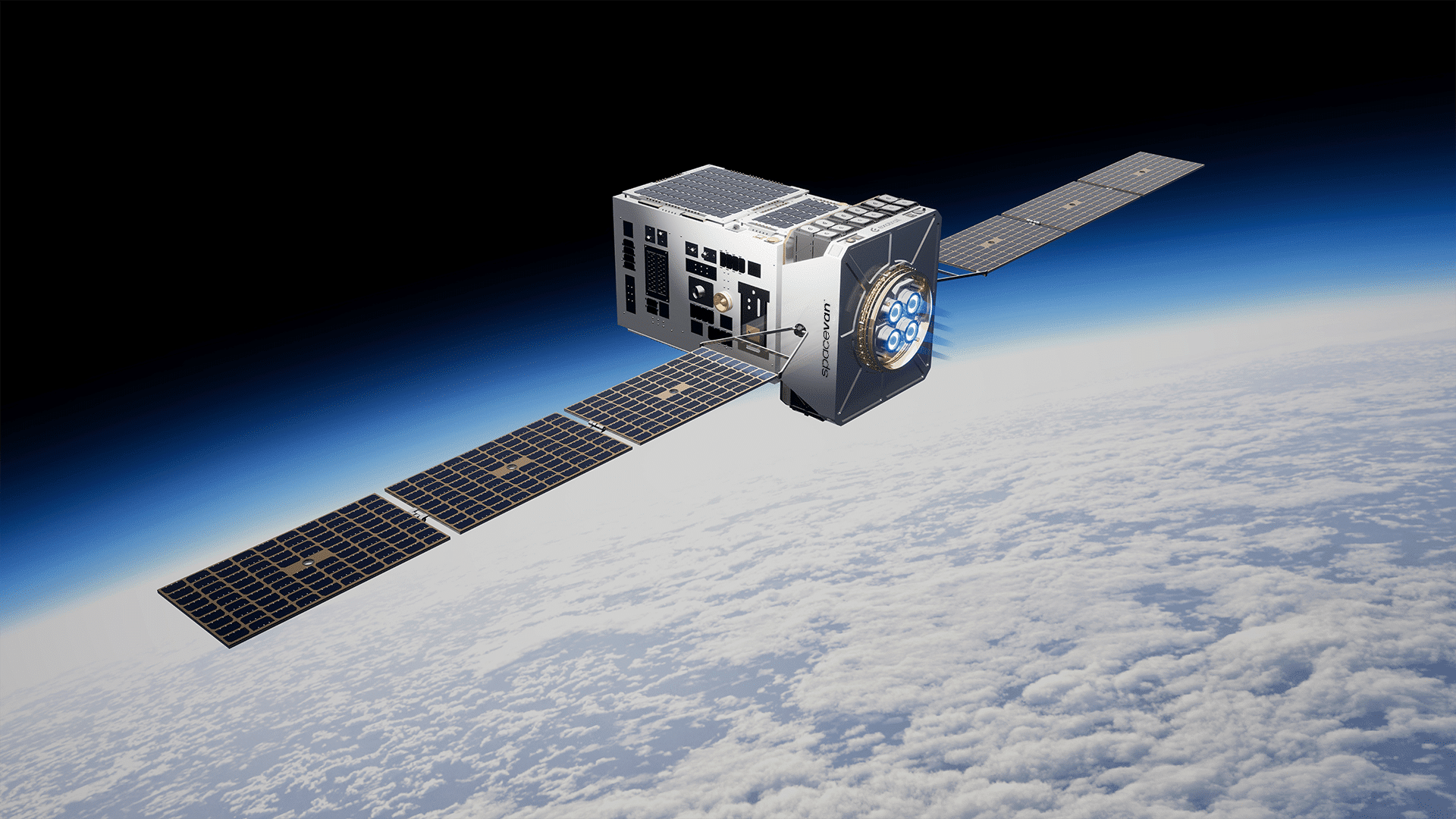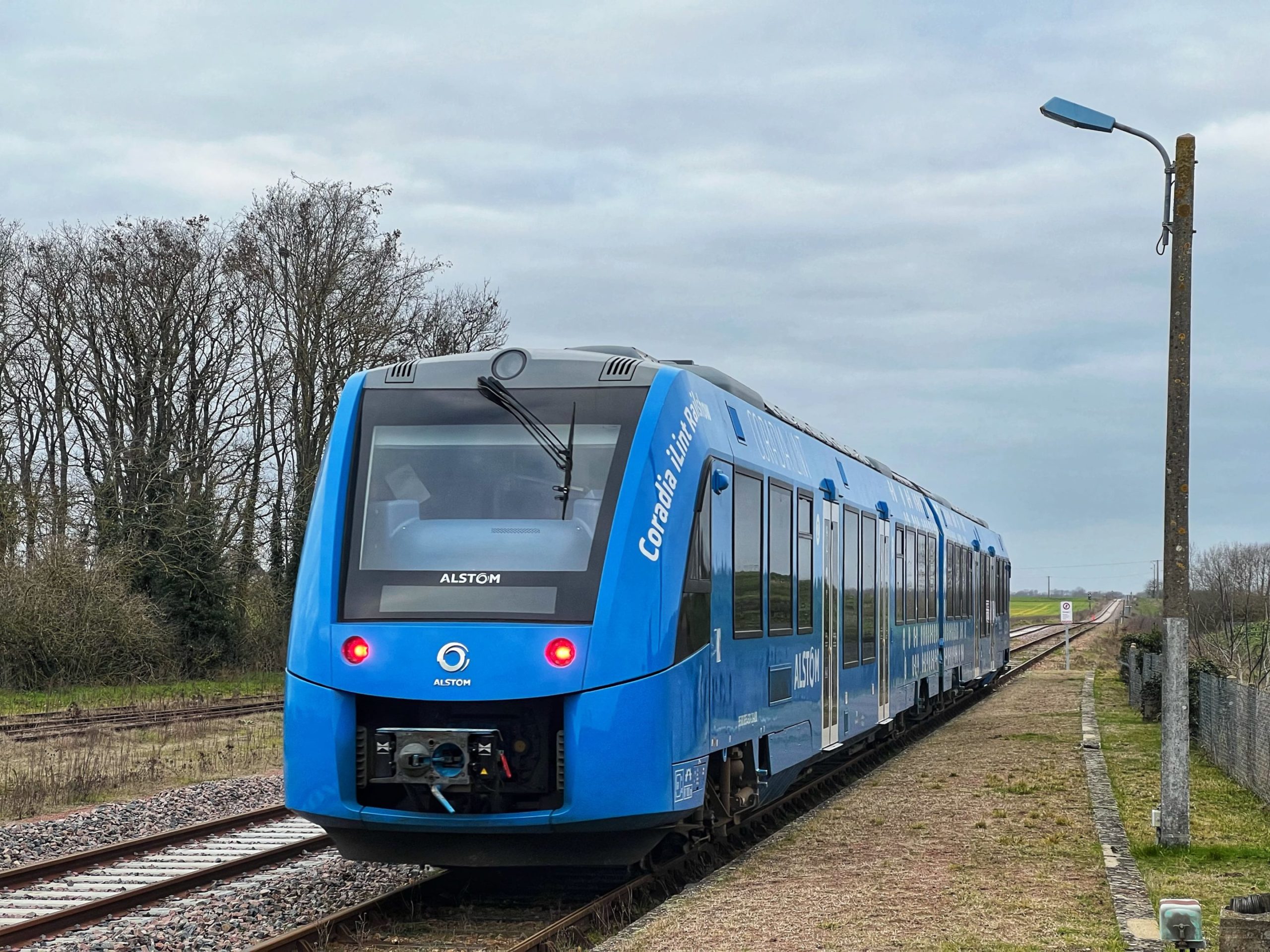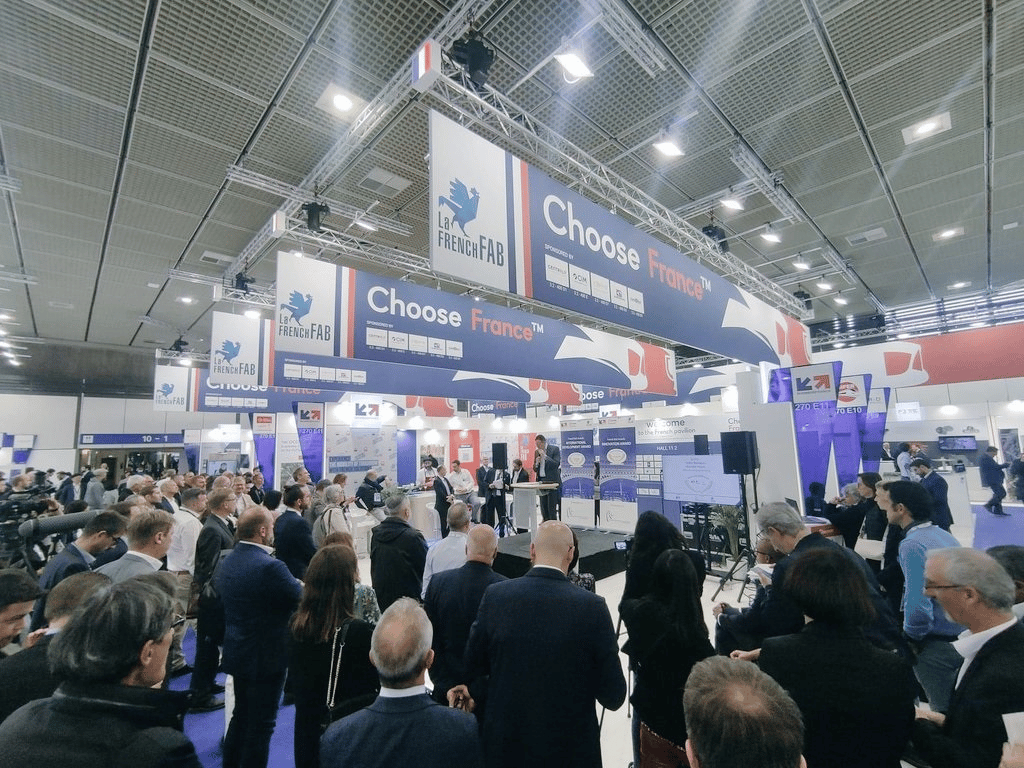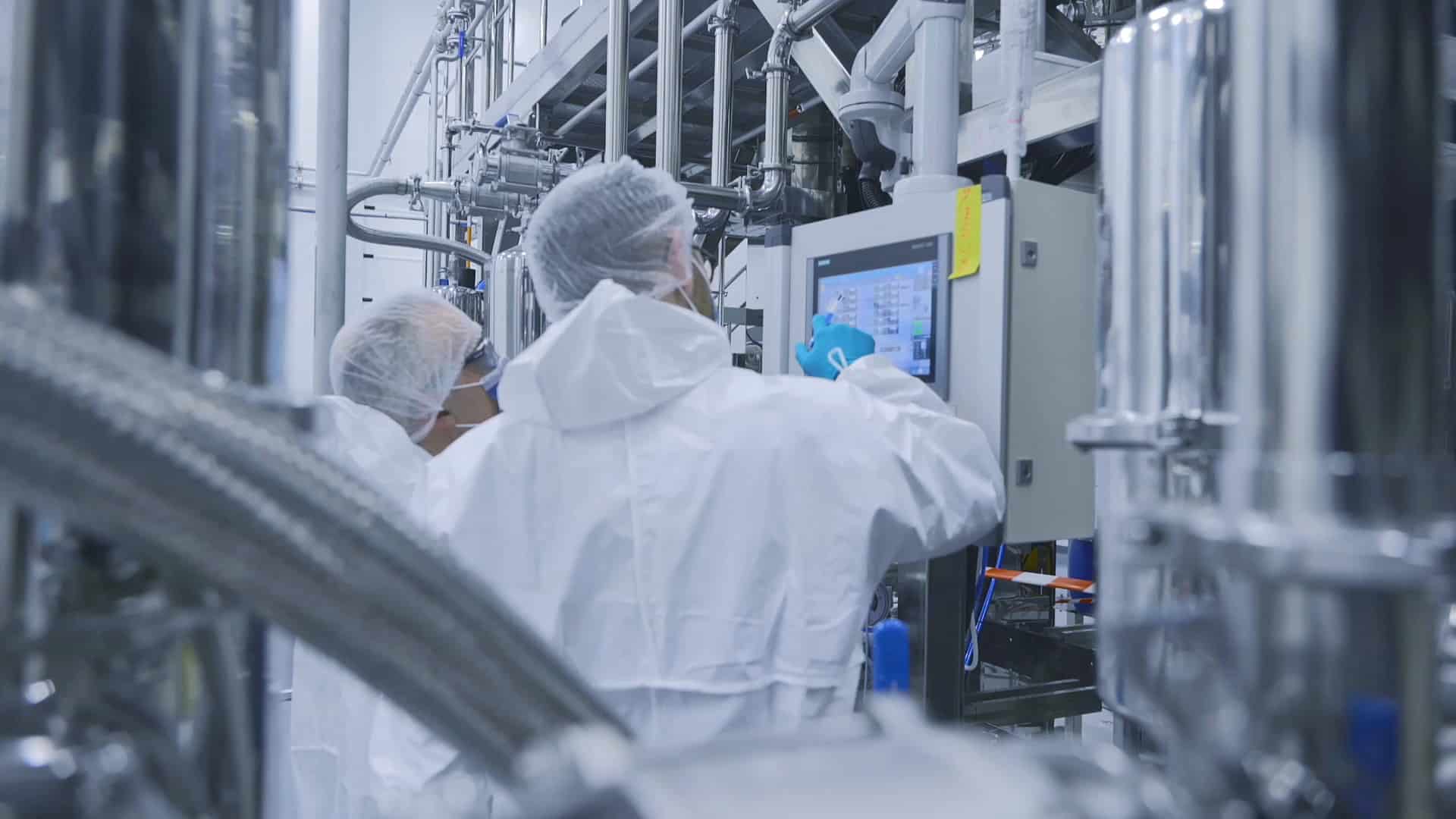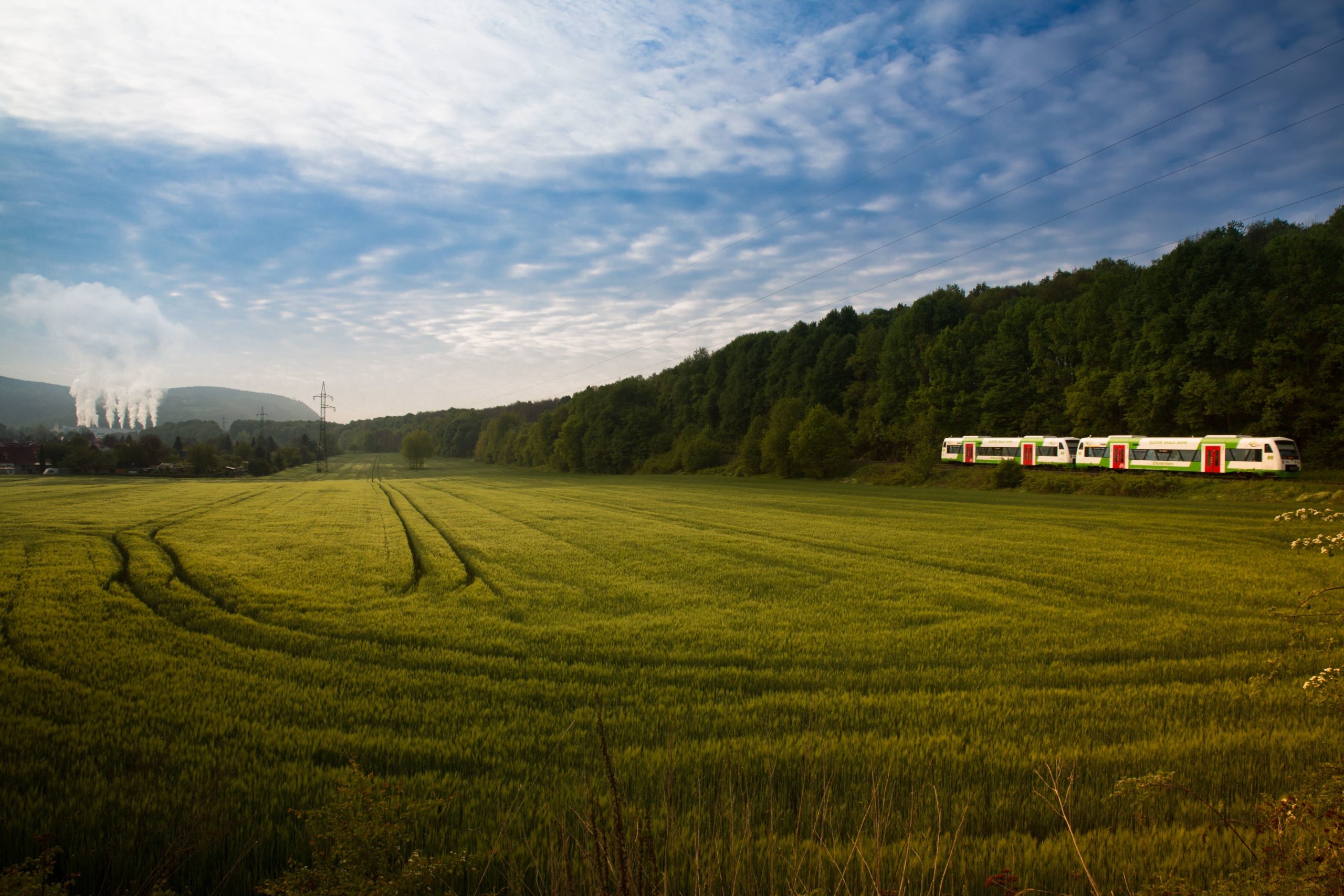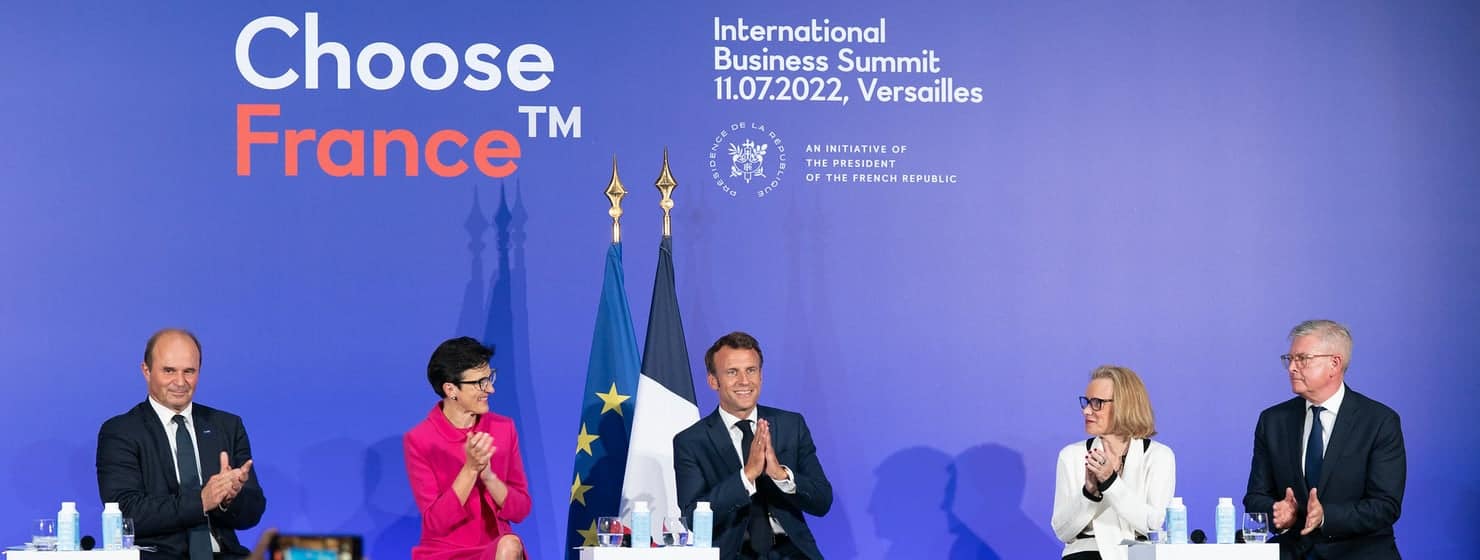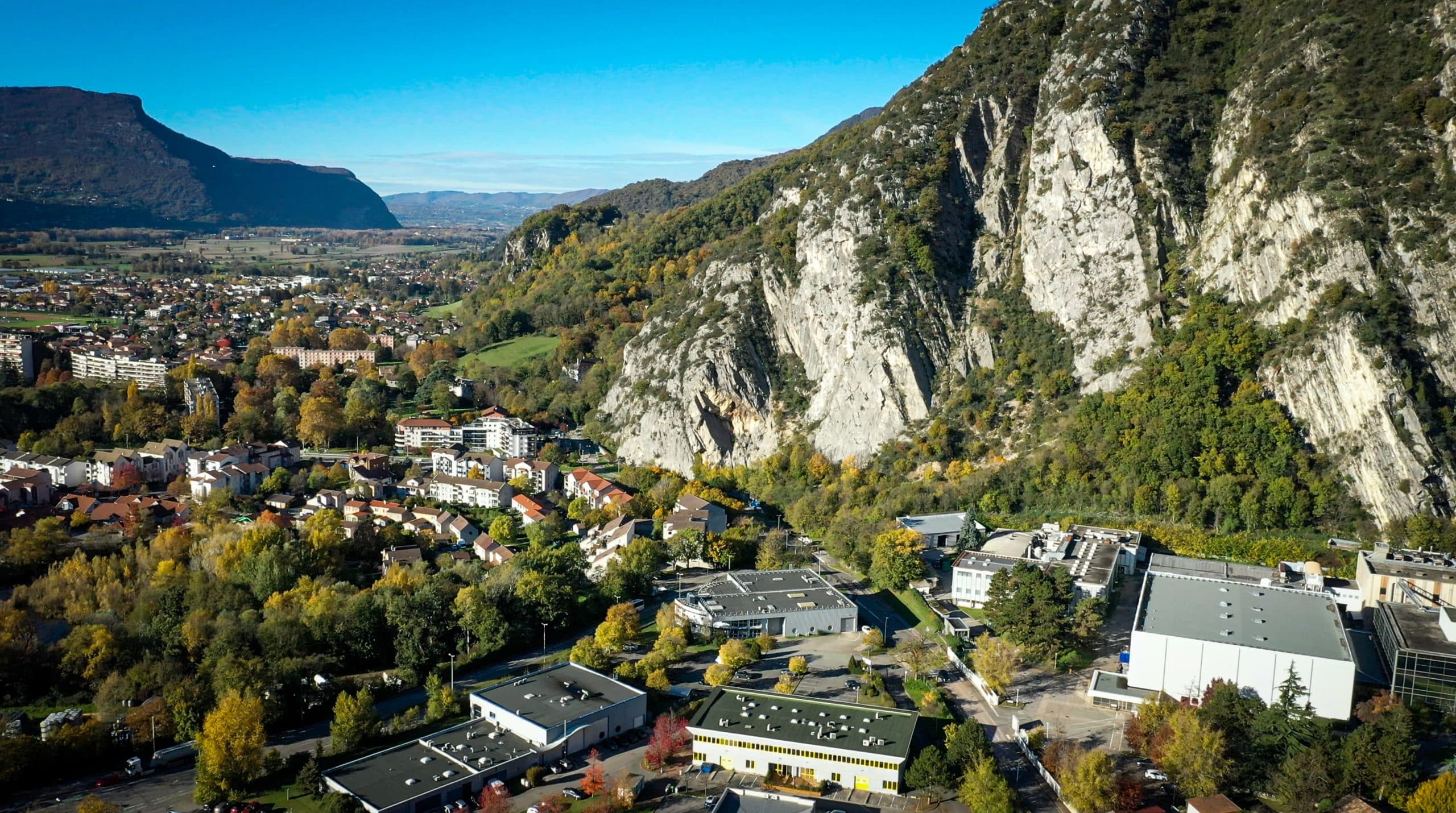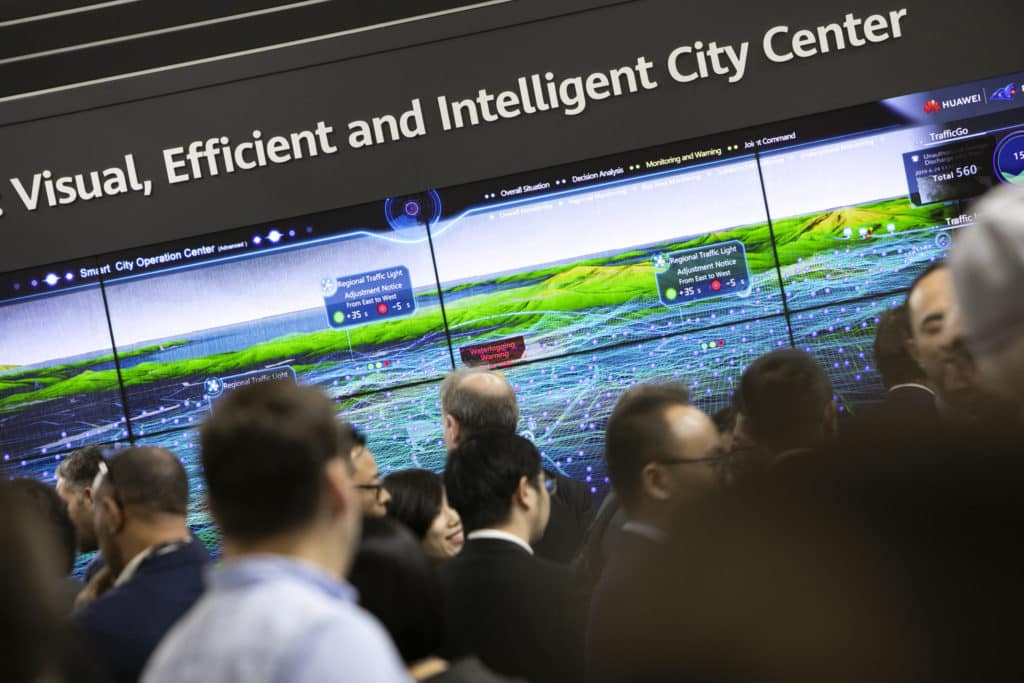
In 2022, over 57% of the world’s population lives in urban areas and by 2050 this proportion is expected to increase to 68%. What can be done to cope with the energy needs of growing cities, while at the same time building sustainable cities that meet climate challenges?
Whether in the area of global warming or the energy crisis, optimizing the management of energy flows has never been more urgent. In France, over half of French towns have already invested in smart grids, i.e. connected smart electricity networks that ensure better energy management. This is a first step towards the advent of smarter cities, but becoming a smart city implies a more fundamental transformation: promoting the circular economy, constructing buildings that use less energy, or optimizing the energy consumption of existing buildings, optimizing the flow of people and new mobilities, guaranteeing access for all to infrastructure…
From November 15 to 17, 2022, the Smart City Expo 2022 (SCEWC) will act as a forum for people to exchange ideas and a meeting place for all those involved in this sector. The congress will gather over 24,000 people in Barcelona (Spain), representing 700 cities from 140 countries. Decision-makers, municipalities, and businesses from around the world, focused on the future and on how to create smarter, greener cities, will put forward their solutions for the sustainable city of the future.
La French Fab delegation present in Barcelona stands out by the number of businesses that are experts in the Internet of Things and artificial intelligence. From water or waste management thanks to Tenevia or the Suez group to the smart urban furniture of Technilum, and transport network passenger flow analysis by Cognidis (2022 winner of the People’s Choice Award at the European Mobility Exhibition), La French Fab is working to promote the sustainable city
Buildings are responsible for 30% to 40% of total greenhouse gas emissions in cities, it is therefore essential that they be made more efficient. Adeunis’ connected sensors and the data gathered and analyzed by them, have improved the energy management of public and private buildings, leak detection and reduced energy expenditure.
Awareness of the importance of ecology is on the increase, in a market that was already worth US$740 billion in 2020 and is expected to reach US$3,650 billion in 2025. OECD countries have, moreover, almost doubled their public expenditure in respect of ecological measures between the first and the second half of 2021, sign of a clear acceleration in investment in sustainable cities!
This article is also available in Italian and Spanish.










